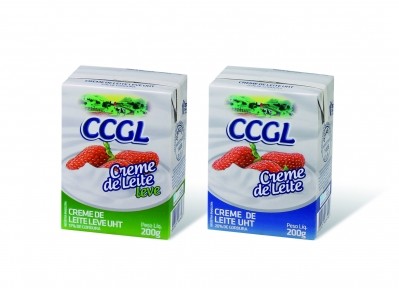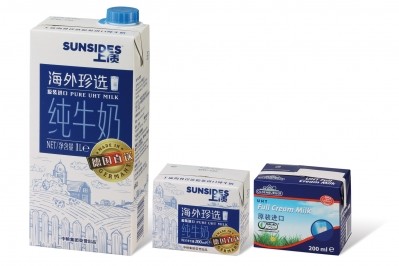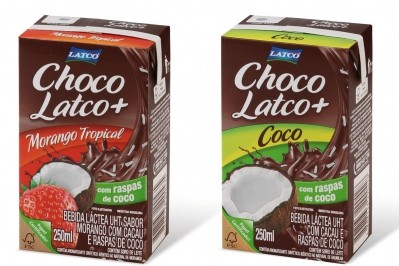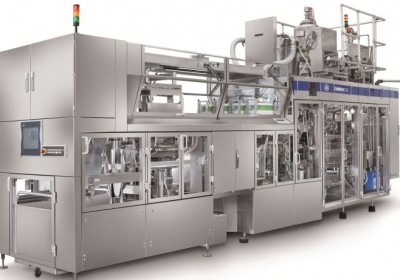German dairy Frischli increases aseptic 'filling flexibility' with SIG investment
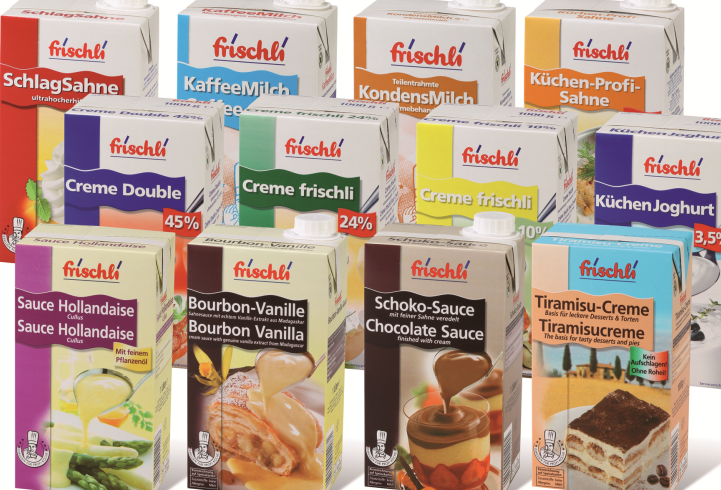
Two newly-acquired SIG Combibloc CFA 512 filling machines - one an adapted Food Option machine designed to fill "pasty and highly viscous food products, and products containing particulates" - are now operational at an unspecified Frischli plant.
Through its investment, the German dairy now has the ability to aseptically fill around 100 different products, including milk, cream, flavoured milk, dessert sauces, puddings, and custards.
It also now has the capabilities to aseptically fill cartons with products consisting of up to 10% chunky ingredients.
The acquired Food Option filling machine can handle particulates up to 6mm in size, fibres up to 1mm x 15mm, and liquid with a viscosity up to 3,500 millipascal-seconds (mPas).
Timo Winkelmann, general manager, Frischli, said the invest will enable it to to "respond flexibly and efficiently to shifts in the market."
“With the two filling machines from SIG Combibloc, we’re now highly flexible as far as the product range, decors and volumes are concerned,” he said.
Speaking with DairyReporter.com, Volker Bubacz, head of European marketing, SIG Combibloc, said demand for this sort of flexibility is on the up.
"...we definitely see an increasing demand for this kind of filling flexibility, especially from dairy companies covering the HORECA and food service markets," he said.
"If you want to serve high-viscous products or even products containing particulates, you need the right technology to fill these products highly efficiently."
"Dominating standard"
In Europe, aseptic filling "is already the dominating standard," said Winkelmann.
With growing international demand for European dairy products, SIG expects aseptic filling to become ever more common due to the "clear benefits for long-distance, oversea transportation."
"Packages for liquid dairy export to markets outside Europe still make up a relatively low share of our sales but with a very strong upward trend," said Bubacz.
The number of UHT milk products packaged in SIG Combibloc cartons sold by European processors, for example, has increased by around 600% since 2011, he said.
"So in particular the larger dairy groups, with their increasing global focus, are seeing attractive potential for growth in the Asian market and are maneuvering themselves into position, with milk exports to Asia and also to other growth regions such as Africa and the Middle East, to be as well-prepared as possible for the massive changes in the global dairy market."
